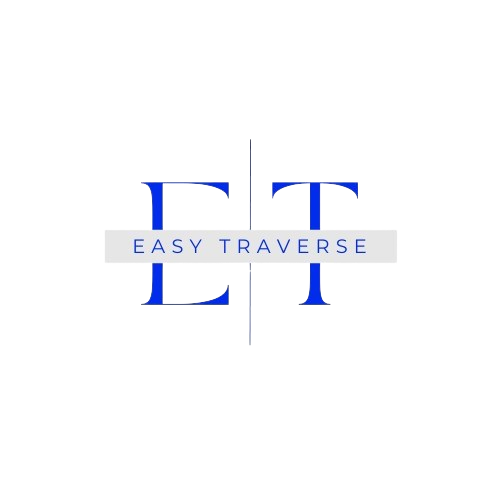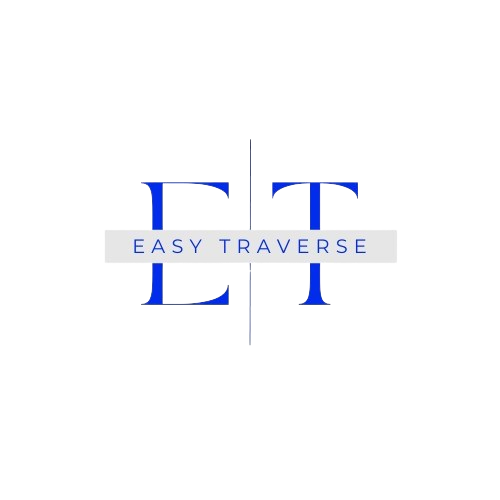BECOME AN AGENT

Becoming a travel agent offers individuals the opportunity to turn their passion for travel into a rewarding career. Travel agents play a crucial role in helping clients plan and book their dream vacations, providing expert advice, personalized recommendations, and seamless travel experiences.
Things To Know About Becoming An Agent
1. Embracing the Wanderlust: Becoming a travel agent often begins with a deep love for travel and a desire to explore the world. Travel agents are passionate about discovering new destinations, experiencing different cultures, and sharing their enthusiasm for travel with others.
2. Understanding the Role of a Travel Agent: Travel agents act as advisors, coordinators, and advocates for their clients, assisting them in planning and booking trips that meet their preferences, budget, and travel goals. From booking flights and accommodations to arranging tours and activities, travel agents help clients navigate the complexities of travel planning and ensure memorable experiences.
3. Gaining Industry Knowledge and Expertise: Successful travel agents possess a wealth of industry knowledge and expertise, including destination information, travel regulations, booking systems, and industry trends. This knowledge is acquired through formal education, training programs, on-the-job experience, and personal travel experiences.
4. Obtaining Education and Training: While formal education is not always required to become a travel agent, completing relevant coursework or training programs can provide valuable knowledge and skills. Many community colleges, vocational schools, and online platforms offer travel agent certification programs or courses in travel and tourism management.
5. Developing Key Skills and Attributes: Effective travel agents possess a range of skills and attributes that enable them to excel in their roles. These include strong communication, customer service, salesmanship, attention to detail, problem-solving, and organizational skills. Additionally, travel agents must be resourceful, adaptable, and able to thrive in a fast-paced, dynamic industry.
6. Building a Professional Network: Networking is essential for aspiring travel agents to establish connections, build relationships, and access opportunities within the travel industry. This may involve attending travel industry events, joining professional associations such as the American Society of Travel Advisors (ASTA), and connecting with suppliers, tour operators, and fellow travel professionals.
7. Gaining Practical Experience: Hands-on experience is invaluable for aspiring travel agents to develop their skills, build their confidence, and gain industry insight. This may involve working part-time or full-time in a travel agency, tour operator, or travel-related business, as well as participating in familiarization trips, trade shows, and training programs offered by suppliers.
8. Leveraging Technology and Tools: Technology plays a crucial role in the travel industry, enabling travel agents to research destinations, compare prices, book reservations, and communicate with clients efficiently. Travel agents must stay up-to-date on the latest booking platforms, travel apps, and digital marketing tools to streamline their operations and provide excellent service to clients.
9. Providing Personalized Service and Expert Advice: The value of a travel agent lies in their ability to provide personalized service, expert advice, and tailored recommendations that meet the unique needs and preferences of each client. Travel agents leverage their knowledge, expertise, and industry connections to create customized travel itineraries, secure exclusive deals, and anticipate and address clients’ concerns and questions.
10. Continuing Education and Professional Development: The travel industry is constantly evolving, with new destinations, trends, and technologies shaping the way people travel. Travel agents must commit to lifelong learning, professional development, and staying informed about industry changes to remain competitive and provide exceptional service to their clients.
11. Embracing the Adventure: Becoming a travel agent is not just a career choice; it’s a lifestyle built on a passion for exploration, discovery, and adventure. By embracing the excitement, challenges, and rewards of the travel industry, aspiring travel agents can embark on a journey that allows them to share their love of travel with others while creating unforgettable experiences for their clients.
All Services
Need Help?
Ready to take the next step? Contact us now to start your journey towards peace of mind and worry-free travel experiences. Click here to reach out to our friendly team and discover how we can help make your travel dreams a reality.
FAQ
An agent acts as a representative for clients in various industries, facilitating transactions, negotiations, and opportunities on their behalf. This may include real estate agents helping clients buy or sell properties, talent agents representing artists or performers, or sports agents negotiating contracts for athletes, among other roles.
While a formal degree is not always required, having relevant education and training can be beneficial for aspiring agents. Degrees in fields such as business, marketing, communications, or law may provide valuable knowledge and skills applicable to many agent roles.
Key skills for becoming an agent include communication, negotiation, salesmanship, problem-solving, organization, attention to detail, and interpersonal skills. Adaptability, resilience, and the ability to build and maintain relationships are also essential.
Challenges of being an agent may include competition, fluctuating market conditions, client demands, negotiation pressures, and the need to balance work-life commitments. Adaptability, resilience, and ongoing professional development are essential for navigating these challenges successfully.
Ethical conduct is paramount for agents in building trust and maintaining integrity with clients, colleagues, and industry stakeholders. This involves adhering to industry regulations and standards, acting in the best interests of clients, maintaining confidentiality, and avoiding conflicts of interest or unethical practices. Continued education and adherence to a code of ethics are essential for upholding professional standards.

